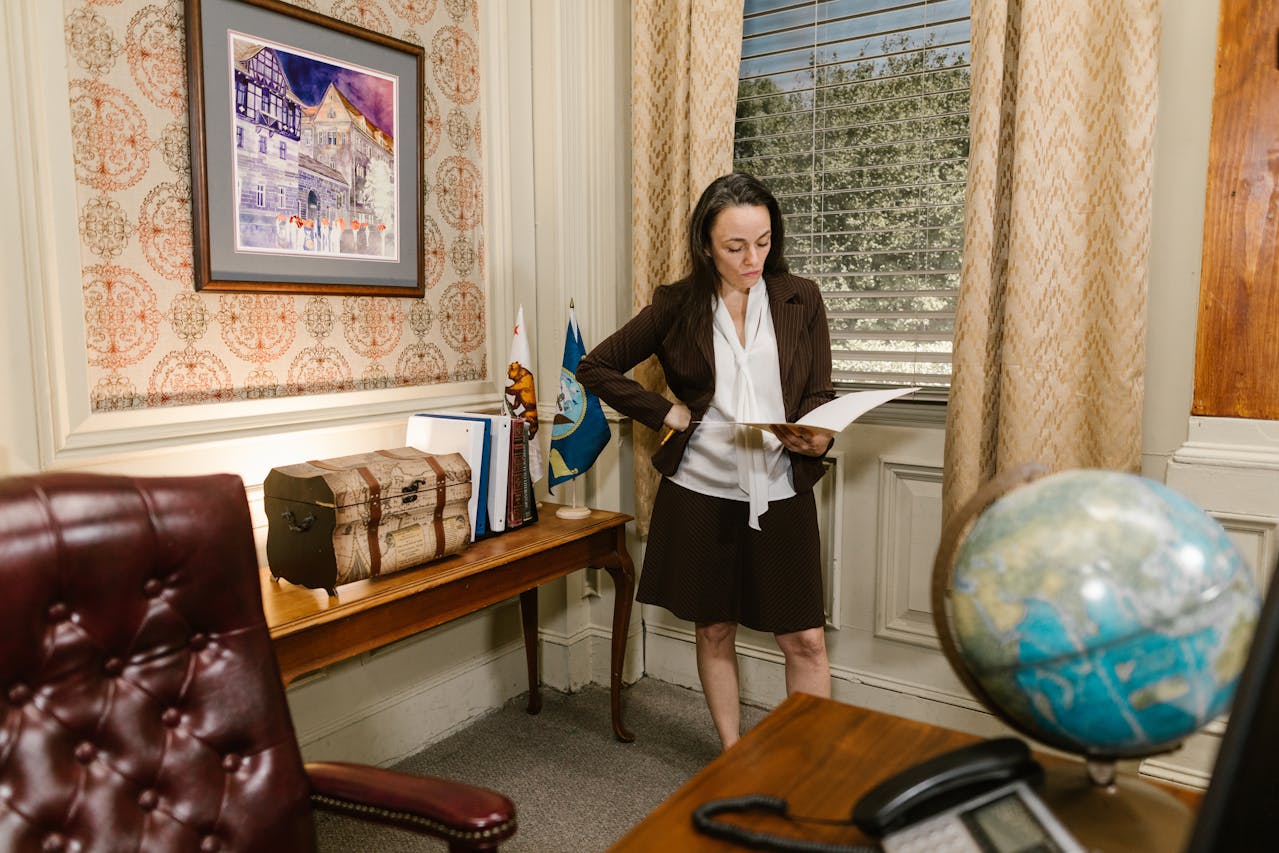In recent years, San Diego family courts have increasingly mandated the use of co-parenting apps and shared digital calendars in custody and visitation cases. These tools are designed to reduce conflict, streamline communication, and ensure both parents remain informed about their child’s schedule. However, while these technologies offer many benefits, they also raise important ethical concerns—particularly around privacy, manipulation, and good faith use.
If you’re navigating a custody arrangement in San Diego where a court-ordered co-parenting app is involved, here’s what you need to know about the ethical landscape, potential pitfalls, and best practices to maintain trust and compliance.
Why San Diego Courts Mandate Co-Parenting Apps
Family courts in San Diego increasingly require the use of co-parenting communication tools such as OurFamilyWizard, TalkingParents, or AppClose for parents who have a history of conflict, high-conflict litigation, or communication issues.
These apps provide:
- A clear record of communications that can be used in court
- Timestamped messaging
- Shared calendars for parenting time, medical appointments, school events, etc.
- Secure expense tracking
They aim to minimize miscommunication, reduce the need for court intervention, and keep the focus on the child’s best interests.
The Ethical Obligations of Parents Using These Tools
While co-parenting apps serve a practical function, their use also comes with implied ethical responsibilities, especially in high-conflict or litigated matters. Ethical considerations include:
1. Good Faith Communication
Court-mandated apps should not be used as weapons. Messages must be written in good faith, with the child’s best interest in mind. Passive-aggressive, inflammatory, or manipulative language violates the spirit of court orders and could backfire in court.
2. Avoiding Message Manipulation
Some parents attempt to use the app to build a litigation record rather than genuinely co-parent. Courts frown upon parents who bait, provoke, or selectively communicate with the intent to use messages as evidence.
3. Respecting Calendar Integrity
Shared digital calendars are essential for transparency. Altering events without notice, failing to update accurately, or hiding appointments can be construed as bad faith behavior or custodial interference.
4. Privacy Considerations
Even though apps are secure, the content may be subject to discovery in legal proceedings. Parents should avoid discussing personal grievances or adult issues within the app.
Common Ethical Missteps and Their Legal Consequences
Violating the ethical expectations of co-parenting apps can result in:
- Negative findings in a custody evaluation
- Use of the app’s record against you in court
- Modification of custody orders
- Potential contempt proceedings for willful non-compliance
Courts expect parents to treat these platforms as extensions of their court orders. Misuse can escalate conflict and harm the parent’s credibility.
Best Practices for Ethical Co-Parenting App Use
To stay compliant and child-focused, follow these best practices:
- Be Professional: Write as if a judge is reading every message—because they might.
- Stick to the Point: Communicate only about child-related issues unless otherwise permitted.
- Document Changes Clearly: If custody or schedule modifications are needed, document them and confirm mutual agreement.
- Avoid Venting: Emotional or accusatory statements undermine your credibility.
- Stay Timely: Respond to communications and update calendars promptly.
When You Suspect the Other Parent Is Misusing the App
If you believe the other parent is abusing the co-parenting app:
- Document the behavior
- Avoid retaliation
- Discuss concerns with your attorney
- Consider filing a request for order to address ongoing misconduct
Your goal should always be to model appropriate co-parenting behavior. Judges take note of which parent acts in the child’s best interest—even under pressure.
How San Diego Family Law Attorneys Can Help
At Minella Law Group, we have represented hundreds of parents involved in court-mandated co-parenting technology disputes. We understand the legal and ethical dynamics that surround these tools and can:
- Help you understand your obligations
- Monitor and respond to unethical communications
- Introduce or challenge co-parenting app evidence in court
- Request sanctions or modifications when the other parent abuses the tool
Whether you’re just beginning your custody journey or are dealing with a high-conflict post-judgment case, our attorneys are equipped to help you succeed.
Co-Parenting Technology Should Be a Solution—Not a New Battlefield
Don’t let technology become another source of conflict. Co-parenting apps and shared digital calendars can be a powerful way to create stability for your child—but only when used ethically and as the court intends.
Let the experienced family law attorneys at Minella Law Group help you protect your parental rights and maintain integrity in every communication.
📞 Call Minella Law Group today at 619-289-7948 to schedule a confidential consultation with one of our family law specialists. We’ll listen to your concerns, assess the situation, and create a clear strategy tailored to your goals.
📝 Prefer email? Fill out our online contact form and a member of our legal team will get in touch with you promptly.
We’re here to help with ethical representation every step of the way.


